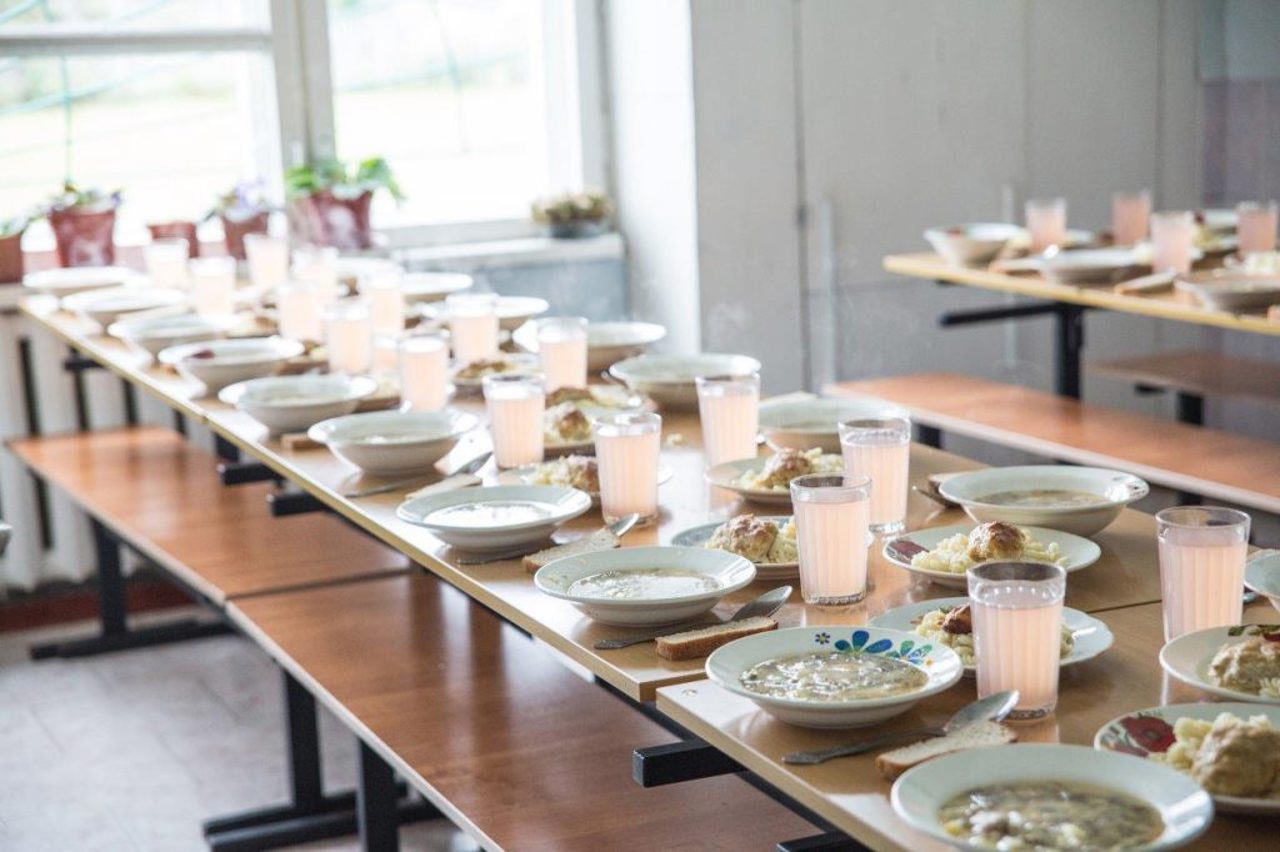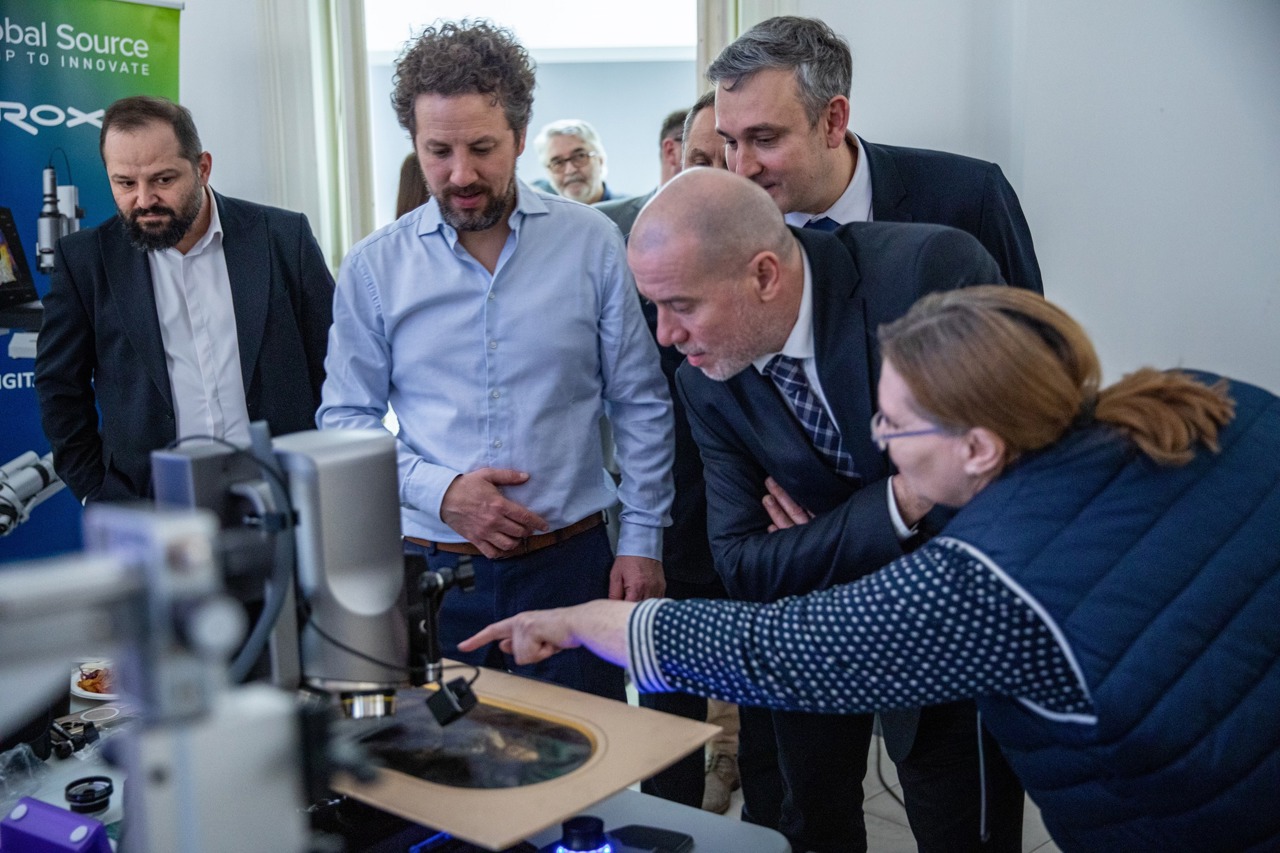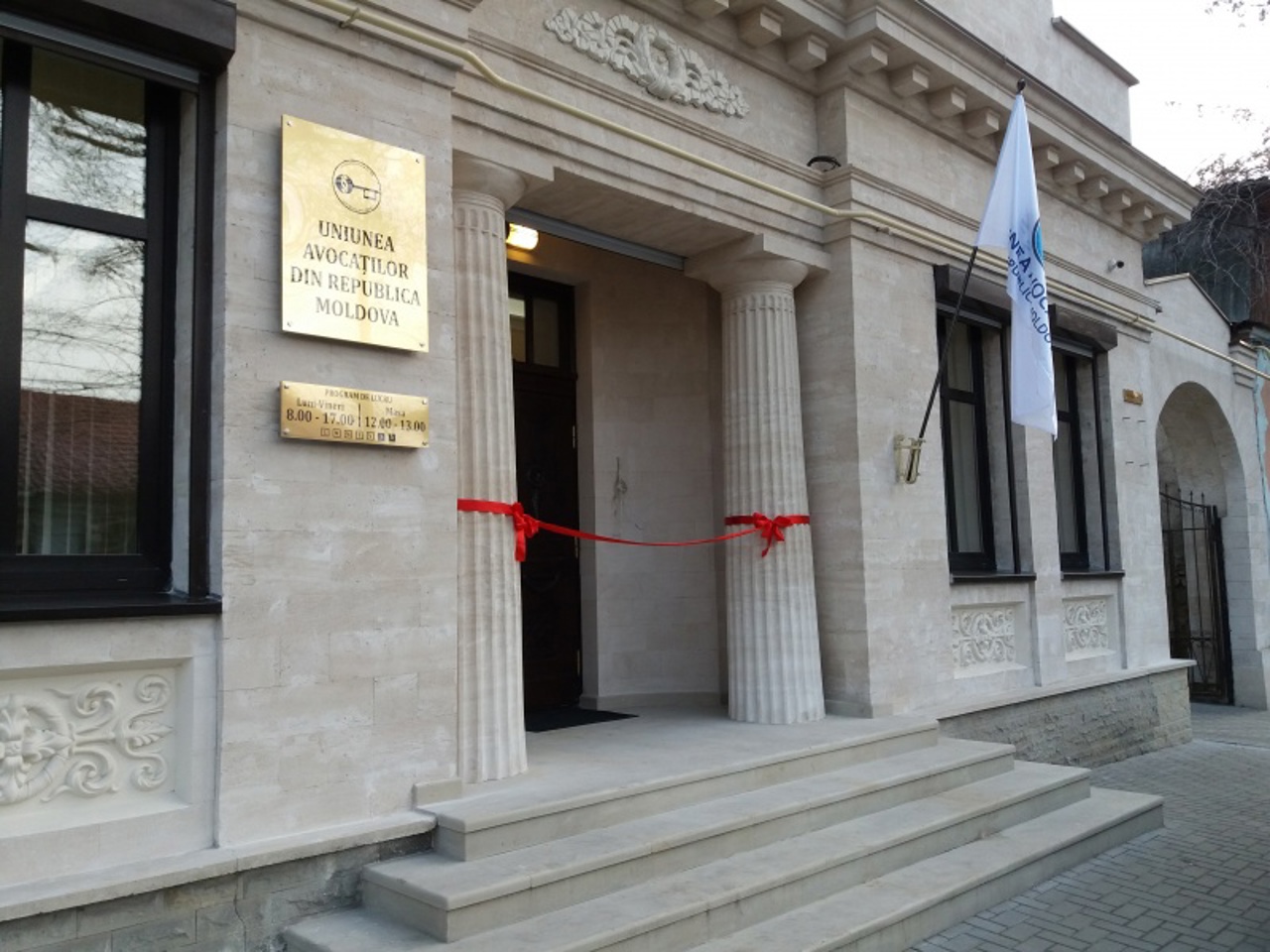Moldova to modernize school cafeterias for free meals

Moldovan school cafeterias that will soon begin offering free meals to students in grades five through nine are set to undergo major upgrades.
Education Minister Dan Perciun announced the launch of the program, which will be funded through the “Plus Budget” initiative. Scheduled for a second reading in Parliament on Thursday, the budget allocates 200 million lei to support this effort. According to the minister, over 1,000 schools across the country will receive resources by September to prepare for the rollout of free student meals.
Perciun confirmed that 200 million lei (~€10,000,000) will be drawn from the state budget, with 100 million lei allocated to 110 schools in Chișinău. These schools are expected to serve meals to more than 42,830 students. The remaining 100 million lei will be distributed to 901 schools outside the capital, covering approximately 114,000 students.
The funding will support a variety of needs, including infrastructure modernization, meal preparation facilities, service logistics, the purchase of kitchen equipment or furniture, and even the digitalization of cafeteria management systems. Each school will receive a base amount of 200,000 lei, with additional funds provided based on student enrollment. The allocation formula was designed to ensure equitable distribution across urban and rural areas.
At the end of last month, the government approved the expansion of free meals to over 150,000 lower secondary students, starting from the next academic year. This builds upon an existing program that already provides free meals to 135,000 primary school pupils.
Recently, the Ministry of Education published a proposed school menu for public consultation. This menu is tailored to institutions lacking kitchen infrastructure or those with limited cafeteria capacity. In such cases, students will receive ready-to-eat food packages that include fresh fruit, bread rolls, or sandwiches, ensuring all students have access to nutritious meals regardless of local facilities.
Translation by Iurie Tataru





